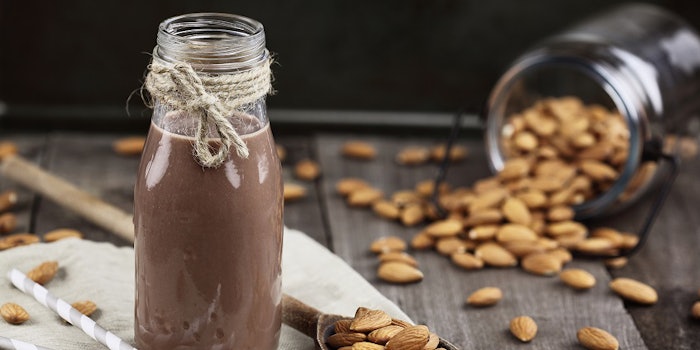
Recent research has uncovered that saliva plays a large role in determining flavor preferences and our perception of bitterness.
"By changing your diet, you might be able to change your flavor experience of foods that at one point tasted nasty to you," said lead researcher, Cordelia A. Running, Ph.D., who directed the study from the American Chemical Society.
Saliva and Taste Preferences
In the study, Running researched the role that saliva played in taste perception to see if eating bitter foods would help people overcome an aversion to bitter compounds. Though almost entirely comprised of water, saliva also contains thousands of proteins released by salivary glands, which are thought to bind to flavor compounds in food and taste receptor cells in the mouth.
To study how these proteins interacted with individual taste preferences, Running and her team devised a test where participants were asked to drink chocolate almond milk three times a day for a week and rate its bitterness and astringency. Researchers then tested the saliva to see if there were any changes that occurred in the saliva and its proteins. They found that several proline-rich proteins that bind the bitter/astringent compounds in chocolate increased after drinking the chocolate almond milk. As the changes in these proteins shifted, the individual’s sensory ratings for bitterness and astringency went down.
Prior research conducted by Ann-Marie Torregrossa, Ph.D., Running’s fellow researcher, found similar results in the study of rats. A diet in bitter foods resulted in rats expressing altered proteins in their saliva. After cutting back on the bitter foods, the rats experienced less bitterness and then returned to normal eating habits.
What This Means for Taste and Diet
Though this research highlights a new understanding of our sense of taste, Running hopes that this research can be used to understand poor eating habits and develop healthier ones. She believes that the findings to-date support the idea that "saliva modifies flavor, which in turn modifies dietary choices."
“We think the body adapts to reduce the negative sensation of these bitter compounds," Running explained. “Those choices then influence exposure to flavors, which over time may stimulate altered expression of saliva proteins, and the circle begins anew. Maybe this knowledge will help someone stick to a healthier diet long enough to adapt to like it."
Running also plans to investigate particular compounds in food, like the concentration of bitter polyphenols in chocolate, that elicit changes in salivary proteins. She will also be presenting her study and findings at the 256th National Meeting & Exposition of the American Chemical Society (ACS), which takes place August 19 – 23, 2018 in Boston, MA.










